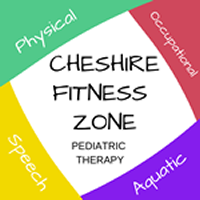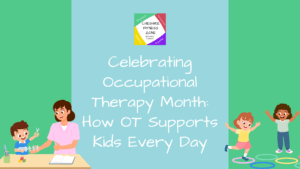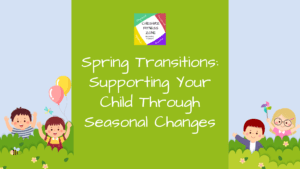When a child is struggling to speak or when his or her language is hard to understand, it can be frustrating for both the child and the parents. As the child’s language continues to expand during the pre-school and early school years, parents and other adults are often left to guess what the child is trying to say. Sometimes, children give up and go silent or throw tantrums when they feel like they are not being understood. This can be a real problem especially when the child begins school. Following are some things that you can do as a parent to help improve your child’s speech intelligibility.
The rate of speech
How fast your child speaks or how you speak to the child can affect his or her understanding. Using a fast rate of speech causes more words to blend and this can mean that both the listener and the speaker do not have time to process all the information. If you notice that your child has a fast rate of speech, try encouraging him to slow down before trying again. In some cases, children simplify multisyllabic words during speech, which makes it difficult for the listener to understand.
Using appropriate volume
When talking to your child, it is important to use the right volume in order to improve intelligibility. Sometimes children speak too loud or too soft and this makes it difficult for listeners to understand. Use your own voice to teach the child the appropriate volume to use. By using your voice to contrast the different volumes, you can allow the child to know how to pick whether to whisper, use an inside voice or an outside voice depending on the situation.
Sound substitutions and omissions
In some cases, the child’s speech intelligibility is caused by sound omissions, substitutions and errors. While this may be normal when a child is very young, it becomes a problem as the child grows. The parent can find it difficult to understand what the child is saying when sounds are substituted. Depending on your child’s age, try to model the correct sound production and emphasize the target sounds. As the child continues to hear the word, he will be able to learn how to distinguish the sound.
Professional speech screening
If your child struggles with speech intelligibility, it can be very frustrating and it is usually a good idea to consult a licensed speech-language therapist. If you are concerned with your child’s language or speech development, getting professional screening or evaluation can help to determine if your child needs treatment. There are several speech screenings available and they can be formal or informal depending on the severity of the problem. The evaluation will help to determine if therapy is necessary.
While in most cases this is not a problem when the child is very young, if the child’s intelligibility fails to improve over time, speech therapy may be necessary. It is important for parents to do what they can to understand their kids and if there is an indication of a problem, professional help may be necessary.



